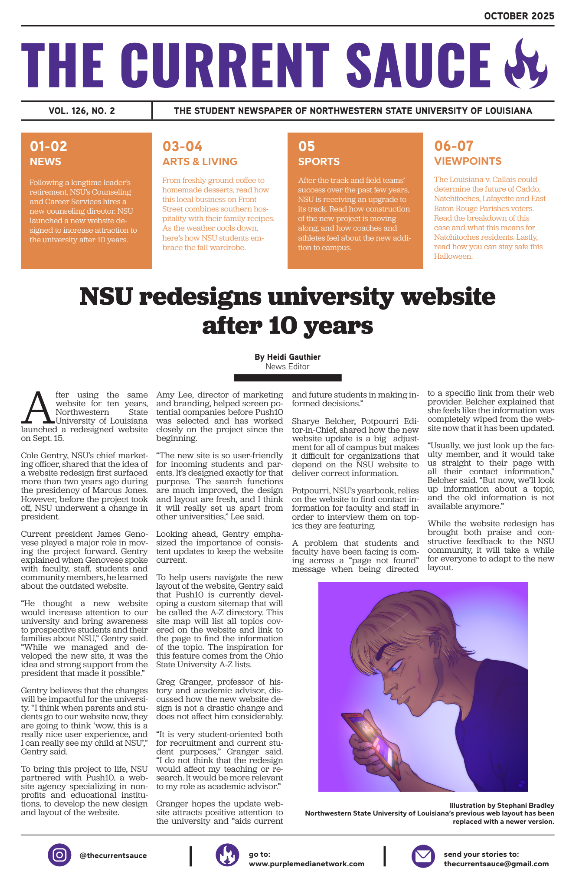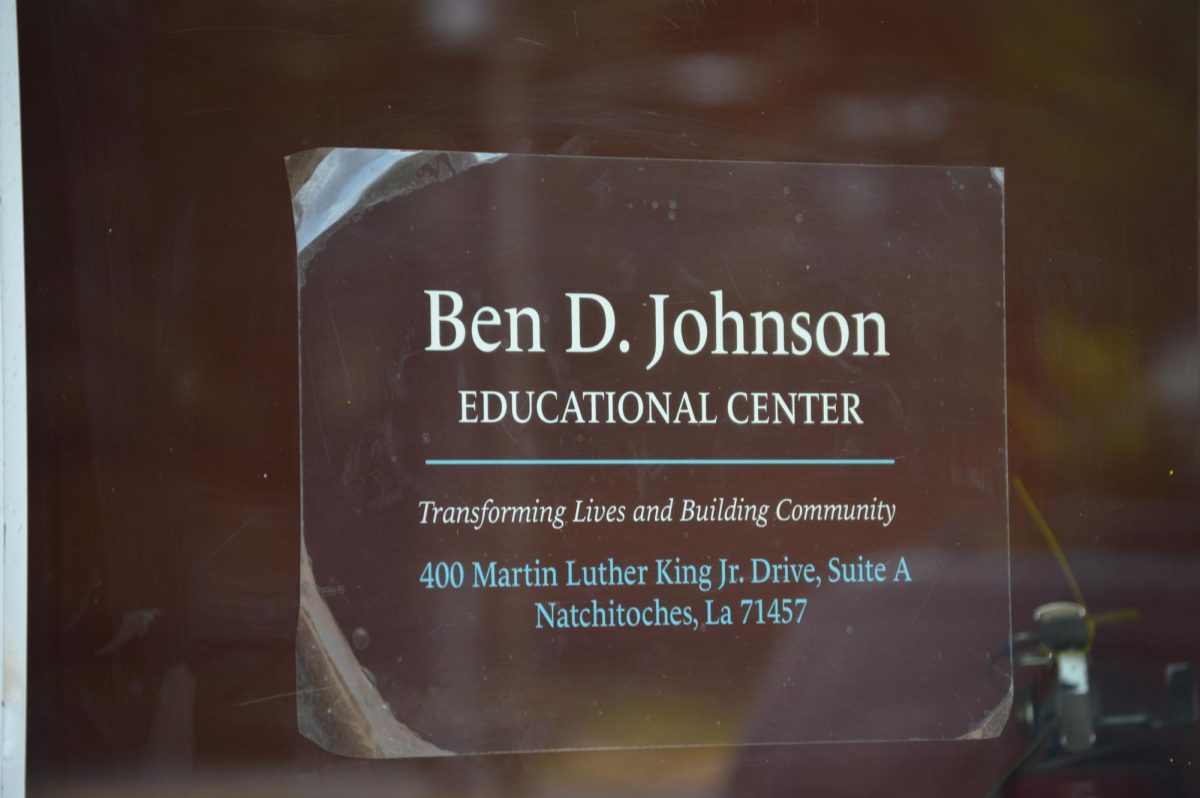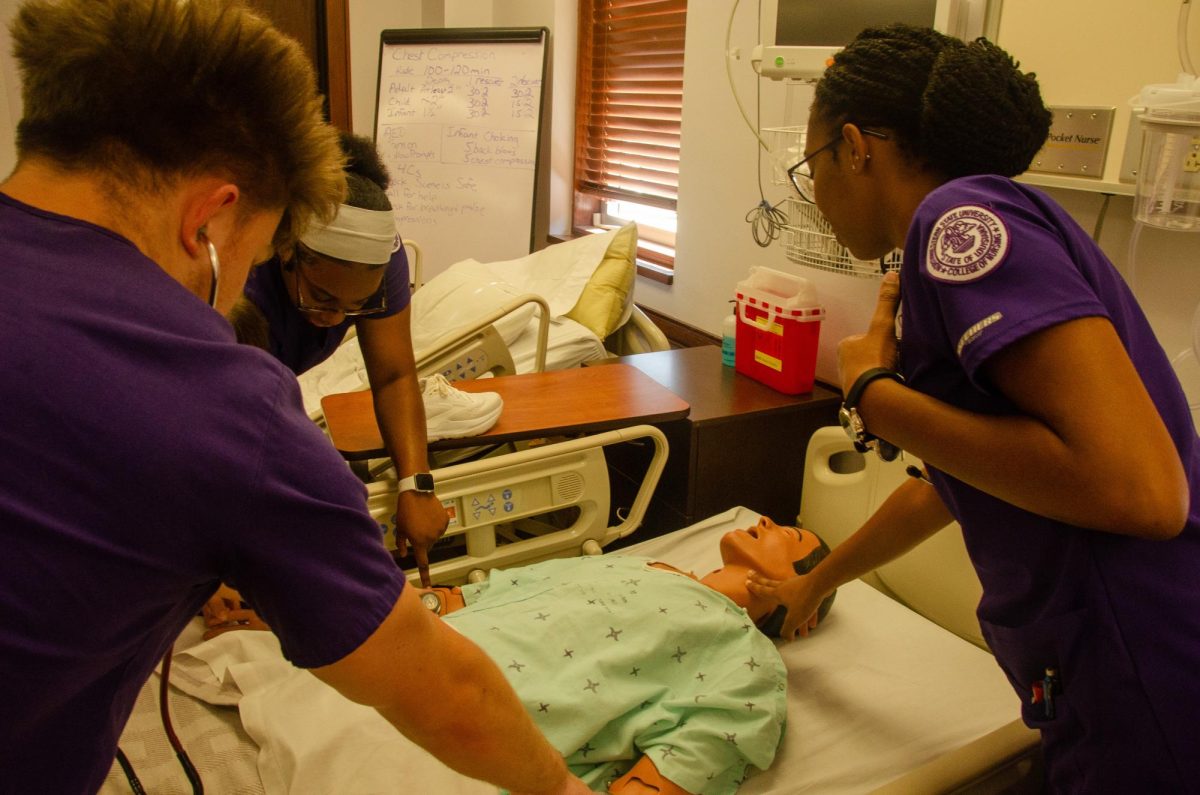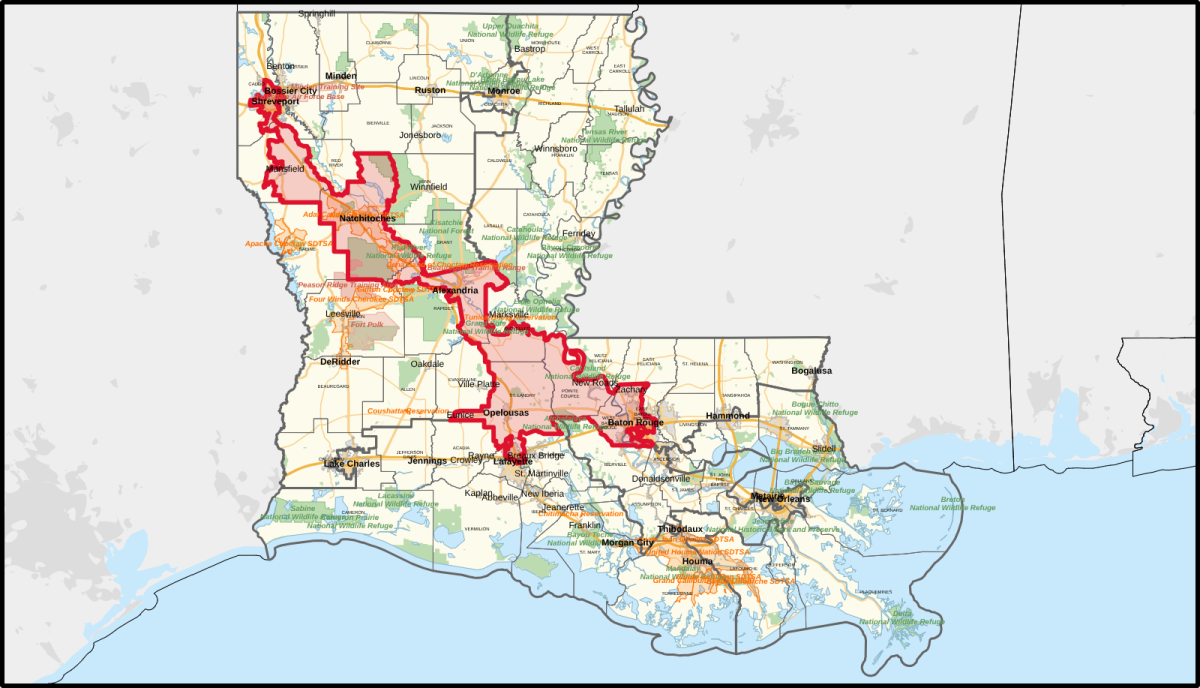Northwestern State University of Louisiana will see an increase in tuition and fees next school year. A move that university officials say is happening across the nine universities in the University of Louisiana System.
For students who live on campus, the cost will go up by about 6.5%, which is about 1.2 to 1.5% more each year since the last increase in 2015, according to Rodney Wilson, chief financial officer.
This increase comes after NSU’s Student Government Association passed a referendum last month that would increase student fees for athletics, spirit groups and student engagement. In a mass email sent out on April 16, NSU announced the energy surcharge fee of $8 per credit hour would drop to $0.
Wilson explained the energy surcharge fee is used to account for utility costs and has ranged from $0 to $10 per credit hour in previous years. “This past year, we did not heavily utilize this revenue due to favorable electricity rates so for the upcoming year we were able to reduce this down to $0,” he said.
The email also announced a change made to the SGA referendum. In order to offset the cost of the proposed fees, the email states: “This will offset the entire amount of the student body’s referendum that passed that assesses a $1 flat fee for student engagement paired with an additional $5 per credit hour for athletics and band.”
Originally, the referendum would have increased tuition from $61 to $91, depending on the number of credit hours, which now the email estimates the increase to be $7 to $24 per credit hour.
“Band will now get $1 per credit hour, so they reapportioned the existing flat fee from $5 to $3. In doing so, those $2 are going to spirit groups rather than band, since it is picking up funding under the per credit hour structure,” Wilson said.
On top of the cost of tuition, there are other fees students pay that involve different aspects of the university experience.
University officials say that while the list of fees may seem lengthy, each one plays an important role in building a well-rounded educational environment and ensuring students have access to essential services and resources.
“All of these fees that are in registration fees 一 especially tuition 一 are about making sure that we have faculty and staff members in all of the different offices that run the campus,” Dawn Eubanks, university controller, said.
Beyond tuition and general fees, students pay several additional charges each semester to support academic resources, technology and campus operations.
The academic excellence fee is $10 per credit hour, with a $120 maximum, and is used to enhance academic programs. The operational fee is $5.15 per credit hour, with a cap of 12 hours for undergraduates and nine for graduate students, and also supports instructional enhancements.
Students are also charged a technology fee of $5 per credit hour, up to $100 per semester, which funds upgrades to technology resources like computer labs and classroom systems.
The building use fee is capped at $48 per semester and supports the maintenance and improvement of campus infrastructure.
The auxiliary operational fee is $30 per semester and is designated for auxiliary services. According to NSU’s website, auxiliary services ensures the quality of NSU’s programming and services, as well as providing outreach services for the community.
The academic enhancement fee is $25 per semester and is designated for academic program development.
The student union fee, which is $102 in the fall and spring and $51 in the summer, funds the operation and upkeep of student housing and union facilities.
“Some of them are self-explanatory,” Eubanks said. “The student union fee that Natchitoches campus students pay that goes directly to helping to maintain things and or service the student unions.”
NSU also charges a $5 assessment test fee each semester to support services provided by the university’s testing center.
Some fees extend beyond academics to support wellness and student engagement.
“A lot of students, they’ll relocate to Natchitoches from their hometown, so they may not have an established doctor here, so it gives them that first point of contact with a registered nurse here on campus,” Wilson said. “There’s also mental health and counseling services, so it goes beyond just physical well-being.”
Fees also help fund student organizations and activities, many of which previously operated without consistent financial support.
“Some of these spirit groups had no funding coming from the student fee,” Terrell Woodard, Student Government Association president, said. “So it gives them an opportunity to have a budget and be able to use that for the things that they do each year.”
Wilson emphasized that shared participation in covering these fees helps keep them more affordable.
“I think it comes down to something like an economic scale,” Wilson said, “Where if everybody doesn’t participate, then the cost will increase exponentially for those that do.”
For a full breakdown of tuition and fees, visit here.



































